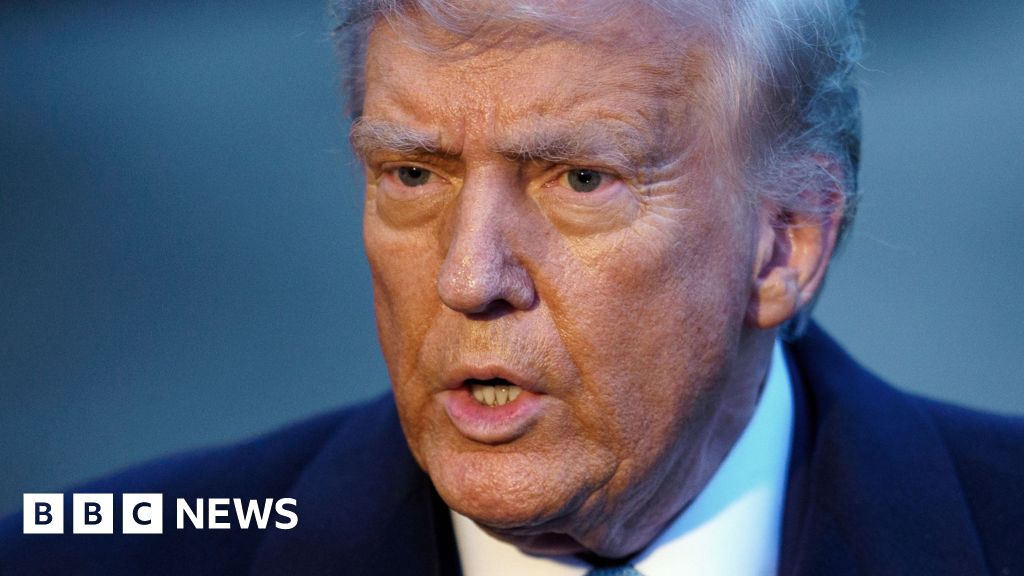- cross-posted to:
- [email protected]
- cross-posted to:
- [email protected]
Summary
Trump announced that 25% tariffs on imports from Canada and Mexico will take effect on February 1, though a decision on including oil remains pending.
He justified the move by citing undocumented migration, fentanyl trafficking, and trade deficits.
Trump also hinted at new tariffs on China.
Canada and Mexico plan retaliatory measures while seeking to address U.S. concerns.
If oil imports are taxed, it could raise costs for businesses and consumers, potentially contradicting Trump’s pledge to reduce living expenses.



Tariffs only makes thing more expensive for everyone.
Let’s say you import steel at X$/ton and it cost Y$ locally where X < Y. You add a tariff T to make the imported steel on par with local steel.
Local steel still is as expensive and any production that uses imported steel now cost more.
Nothing went down in price, only up.
Now, there is a discussion to be had about buying local, but the immediate effect is that things will cost more even if manufacturers switch to local steel because they pay more for the same quantity no matter what.
This is a simplified version of the situation, but it explains the issue.
This assumes the local product wasn’t already cost competitive. If they are close and you slap a tariff on the import that adds further incentive to pick local. Assuming local would capitalize on the added revenue via reinvestment/expansion, it would create jobs and more demand, may even make the product or services even more affordable.
Picking local versus imported has no effect whatsoever on the price of the transformed product.
Business will find the source of primary resources that is the cheapest for their needs. Best case scenario, local is what’s used already and prices won’t change.
Otherwise, the transformed product will cost more because either the businesses pay the new inflated price for imported resources or they switch to a local resources which is more expensive. Prices will raise no matter what.
Guess which one we’ll see happening?